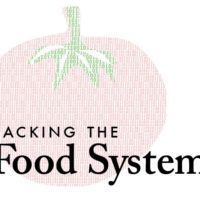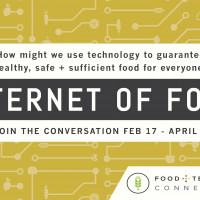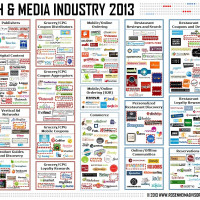Food gets its fair share of bad press these days, and for good reason. It’s no secret that our food supply chain is often bad for our economy, health, and environment. Obesity and diabetes are on the rise. Food recalls, environmental pollution and food insecurity are all far too common.
Food+Tech Connect wants to help you explore new ideas for how information and technology can be used to change the status quo and accelerate food innovation. The following are a selection of videos exploring ideas about how we source and cook our food. Please let us know if you have any ideas you would like to share in the comments section below.
{Videography for the first three videos was shot by Celia Talbot Tobin, and produced and edited by Sarah A. Maine as part of the Hacking the Food System Series}
Elizabeth McVay Greene of Plovgh talks about how technology can be used to connect farmers directly with consumers.
“Applying technology to models that restore the connection between farmers and the people they feed has the potential to make an already disruptive trend a new standard for agriculture.” – Hacking the Food System: Farm Profitability and Affordability of Food
Will Turnage of R/GA, Ratio & Bread Baking Basics talks about building software for the home cook. Turnage says we’ve only scratched the surface of how we can make the home cooking experience more dynamic and personalized.
“Applying technology to models that restore the connection between farmers and the people they feed has the potential to make an already disruptive trend a new standard for agriculture.” – Hacking the Food System: Re-Imagining Recipes With Data
Emily Cavalier of Mouth of the Border discusses how technology can be used to help ethnic communities create great foods with fresh ingredients.
James Beard Foundation Executive Vice President Mitchell Davis asks,“What does a better food system taste like?” Davis talks about taste as a powerful tool for social change.
Chefs Homaro Cantu and Ben Roche of Moto in Chicago, explore how innovations pioneered in their restaurant lab can be used to solve global challenges like the world food crisis and cancer.





